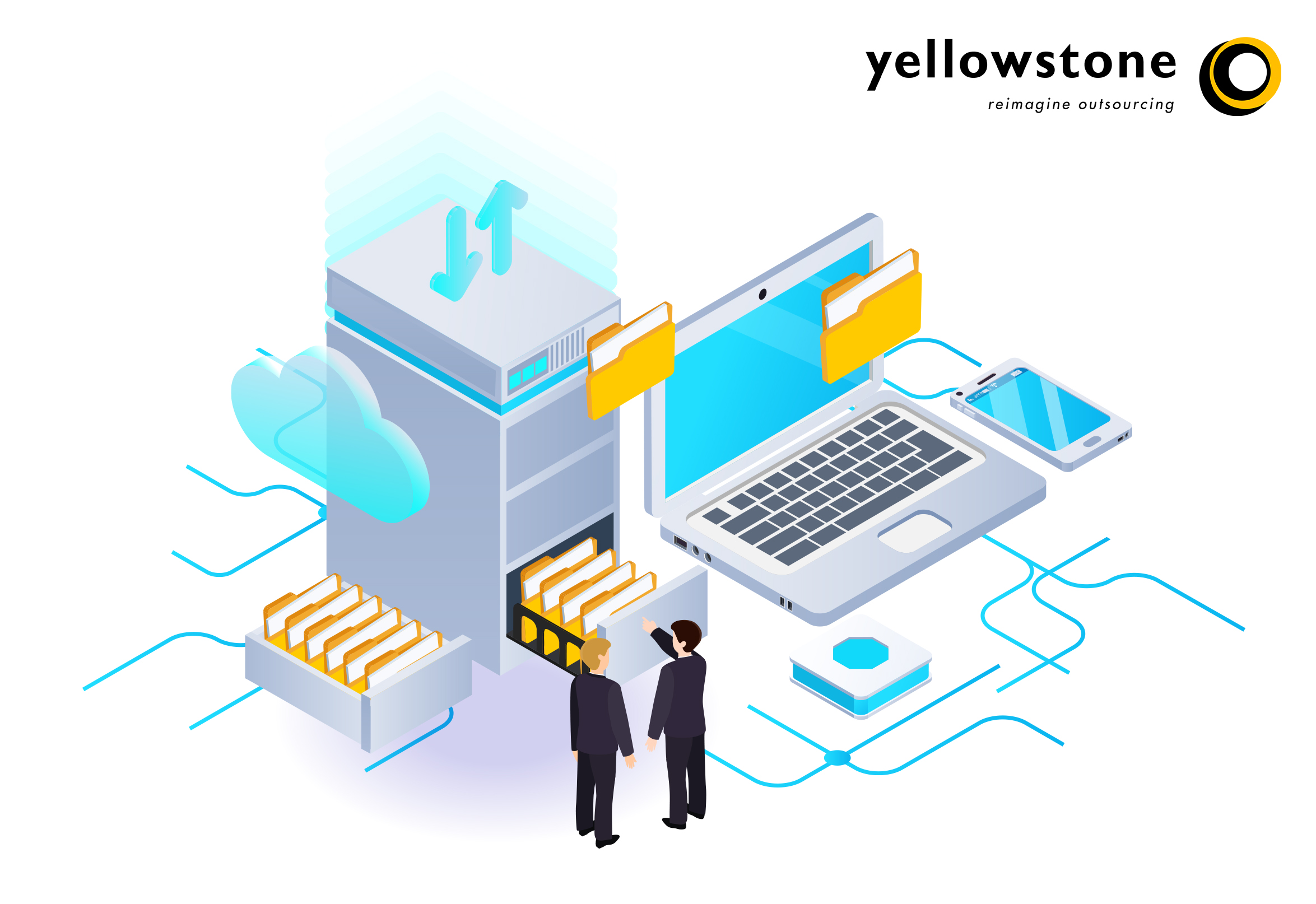

Digitalization refers to the process of transforming analogue information, systems, processes, and interactions into digital formats and platforms. It involves the adoption and integration of digital technologies, tools, and practices to enhance various aspects of our personal lives, businesses, industries, and society as a whole.
Digitalization encompasses the conversion of data, documents, media, and communication into digital forms, making them more accessible, easily shareable, and manipulable. It involves leveraging technologies such as computers, the Internet, mobile devices, software applications, cloud computing, artificial intelligence, and the Internet of Things (IoT) to digitize and streamline operations, improve efficiency, and drive innovation.
In the context of businesses and organizations, digitalization involves utilizing digital technologies to automate processes, improve productivity, enhance customer experiences, and gain competitive advantages. It may include digitizing paper-based processes, implementing digital communication channels, adopting data analytics for decision-making, utilizing digital marketing strategies, and embracing e-commerce and online platforms.
On a broader scale, digitalization has profound implications for society, shaping how we interact, consume information, access services, and collaborate. It has transformed sectors such as education, healthcare, finance, entertainment, transportation, and governance, bringing about new opportunities, efficiencies, and challenges.
Overall, digitalization represents a fundamental shift towards a more connected, data-driven, and technology-enabled world, impacting various aspects of our lives and reshaping the way we work, communicate, and engage with the world around us.
Ready to embark on a digital transformation journey? Contact us, YellowStone Myanmar, today for cutting-edge digitalization services tailored to your needs!
Trust | Transparency | Teamwork
Contact our expert at hello@yellowstone.com.mm